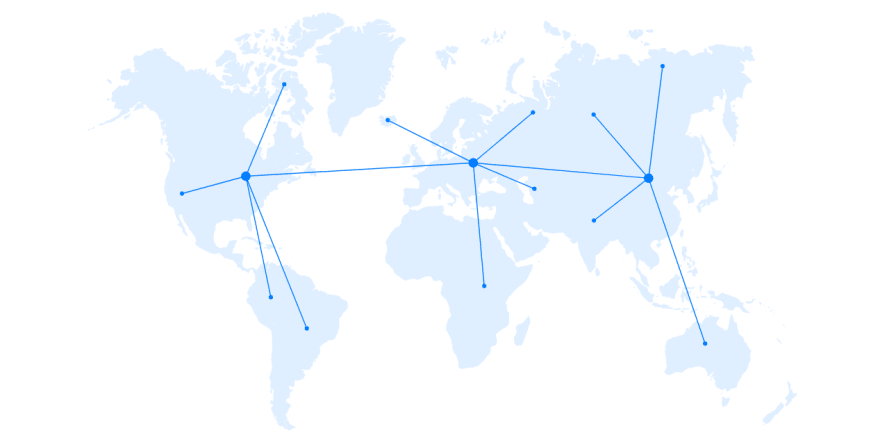This content originally appeared on DEV Community and was authored by DEV Community
What is the Web?
Have you ever wondered what images will appear in the heads of future generations when it comes to the era in which we live now? It is likely that the 21st century will spark associations with the advent of the Internet and the World Wide Web. Their creation caused major changes not only in the military and science structures but also in the lives of ordinary people, giving us opportunities that previously could only be imagined.
You so often hear phrases like "The World Wide Web has engulfed our planet", that the definition of the Web is naturally pre-assumed and taken for granted. But really, what is this Web and why is it so global?
The World Wide Web is a collection of information resources scattered around the world and linked together by reference. Sometimes this term is shortened to WWW, W3 or simply Web.
The Web is also sometimes ironically called Wild Wild Web by analogy with the movie title Wild Wild West: come to think of it, the resemblance is undeniable.
A unit of hypertext data on the W3 is called a web page. A web page may contain text, media files, graphics and links to other pages.
A group of Web pages that share a common content theme, design and links to each other is called a website. Special programs — browsers — are used to download and browse these websites. Most popular browsers: Firefox, Chrome, Opera, Safari.
Often when you visit sites, you can see "www" in the address bar of the browser:
This prefix indicates that the address of the website belongs to the Internet space of the World Wide Web and is not mandatory.
The history of the Web
The World Wide Web was created at the European Organization for Nuclear Energy (CERN). The development of the internal computer network was carried out by the scientist Tim Berners-Lee. In 1989, he was the first to suggest the idea of an information management system that used links to consolidate documents across the network. He and his colleagues created a prototype project and released it for presentation. The first few years of the web pages were purely text-based until the first NCSA Mosaic graphics browser was introduced in 1993. The event allowed the World Wide Web to transform itself from scientific research into a media outlet.
Initially, the Internet only allowed users to search and read information. This period of time is conditionally referred to as Web 1.0 (1990-2000) to provide a general presentation of the ever-changing Internet environment.
Soon people were able to interact with each other and share their content. This period is unofficially called Web 2.0 (2000-2010).
The development of the World Wide Web continues to this day and we will be able to see what changes Web 3.0 (2010- ...) will bring. Currently, Web 3.0 aims to improve content analysis and provide faster and more relevant search results using artificial intelligence.
Internet vs WWW
Most people use the terms "Internet" and "WWW" interchangeably, but in fact, these are two separate notions. The Internet is a global computer network, i.e., a technical infrastructure that connects millions of computers around the world. While W3 is used to distribute data that contains links to other data, the Internet connects computers to each other to provide access to the information.
Conclusion
Simply put, the World Wide Web is a way of obtaining information over the Internet, yet the Internet is also used to access information that is not a part of the Web. Hypertext documents - web pages are the units of the WWW. They may include different content and are usually joined by a shared topic and links into websites. Specific programs called browsers can download websites, so we can explore them.
Now you understand that the World Wide Web and the Internet actually mean different things. More importantly, now you can demonstrate your knowledge and explain this difference to your friends.
This content originally appeared on DEV Community and was authored by DEV Community
DEV Community | Sciencx (2022-03-14T09:57:58+00:00) World Wide Web. Retrieved from https://www.scien.cx/2022/03/14/world-wide-web/
Please log in to upload a file.
There are no updates yet.
Click the Upload button above to add an update.




